2019 Presidential Award Finalists
Student Category
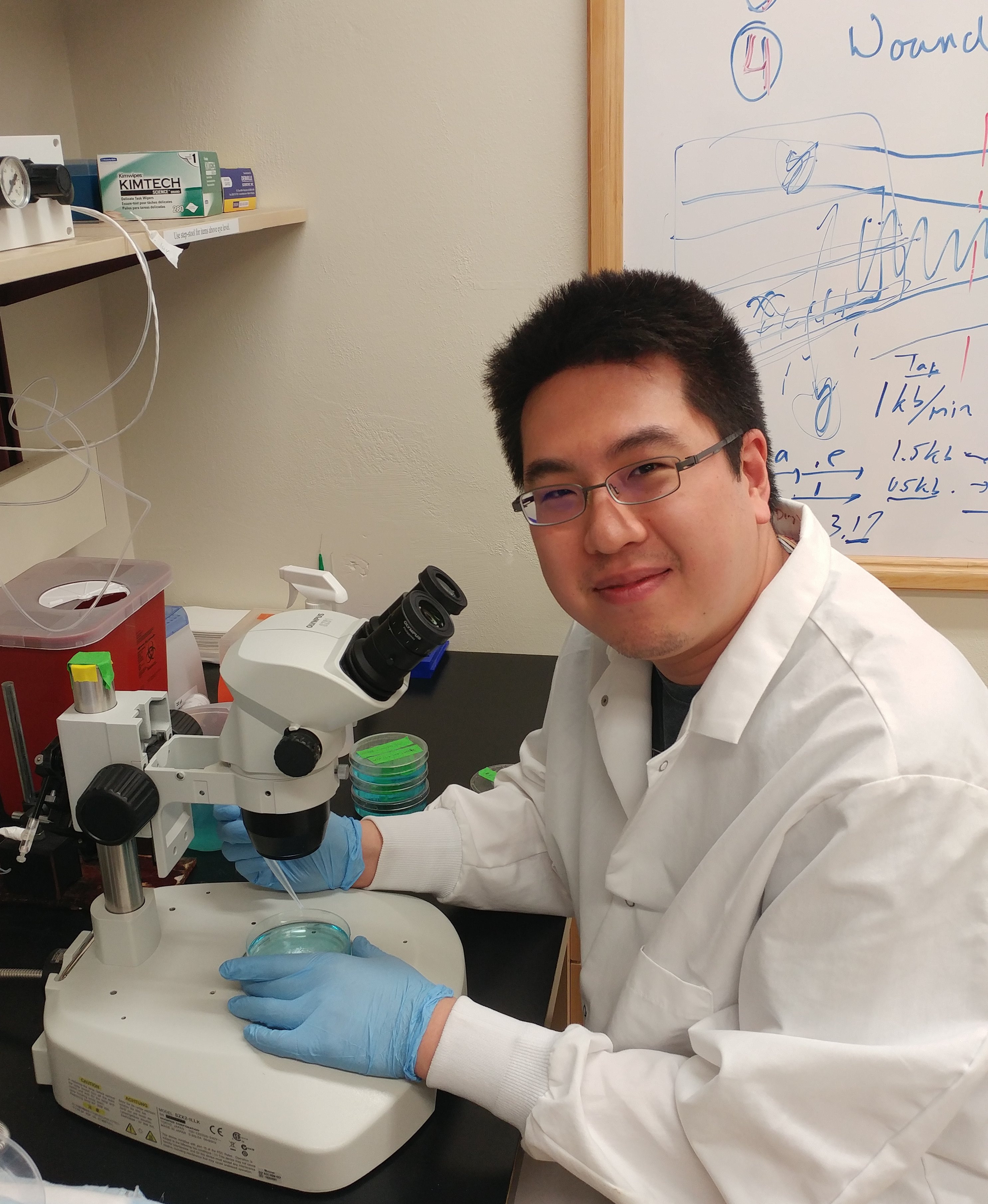 Alan Hsu, Purdue University FIRST PLACE Alan Hsu, Purdue University FIRST PLACE
Alan received his M.D. at National Cheng Kung University (NCKU) where he specialized in infectious diseases and did undergrad research on how anti-dengue antibodies attenuate DENV infection of primary monocytes. Alan then went on to expand his research on identifying permissive cells to Dengue virus infection in humans with Dr. Guey-Chuen Perng for his M.S. degree. Currently, Alan is currently a 5th year Ph.D. student at Purdue University in Dr. Qing Deng’s lab where he focuses on identifying and characterizing microRNAs or novel genes which can modulate neutrophil migration, inflammation and other functions while developing new inflammatory and molecular techniques to advance the field. Alan is in his final year of his Ph.D. which he will defend in the summer of 2020 which he will continue an academic career. Alan is currently looking for a post doctorate training position in the field of leukocyte immunology and host pathogen interactions.
Albert Sek, NIAID, NIH SECOND PLACE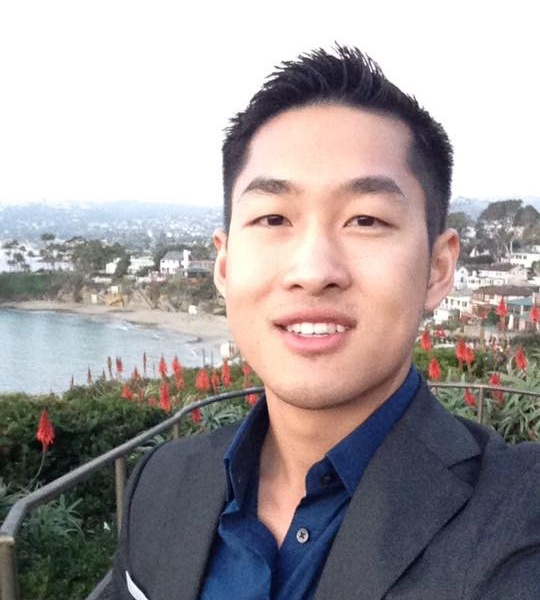
Albert Sek is a PhD Candidate in the Molecular, Cellular & Integrative Physiology program at UCLA; and a predoctoral fellow in the Graduate Partnerships Program at the National Institute of Allergy and Infectious Diseases. Currently, Albert is performing dissertation research under the mentorship of Dr. Helene Rosenberg (NIAID) and Dr. Tomas Ganz (UCLA). Albert’s research focuses on the contribution of eosinophilic inflammation to muscle damage and repair in Duchenne Muscular Dystrophy, an inherited disorder of muscle degeneration with limited treatment options. Albert began his scientific career at UC Davis, where he graduated with a Bachelor of Science in Microbiology.
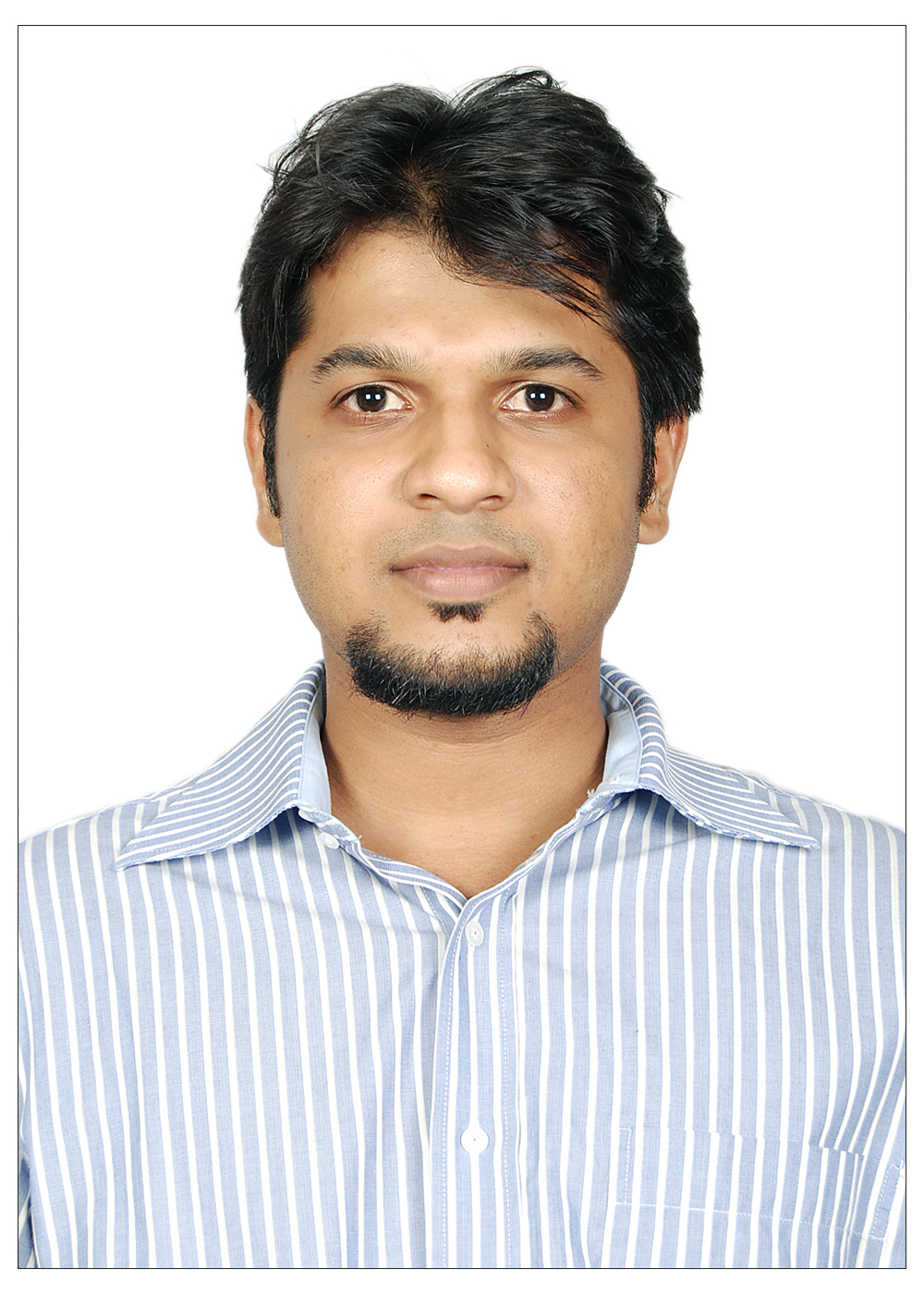 Suhas Sureshchandra, Uni. of California Irvine THIRD PLACE Suhas Sureshchandra, Uni. of California Irvine THIRD PLACE
Suhas Sureshchandra is a fifth year Ph.D. student in Immunology at University of California Irvine. Supervised by Dr. Ilhem Messaoudi, he is interested in elucidating genetic and epigenetic underpinnings of cellular and phenotypic variability in monocytes and macrophages in response to environmental cues such as obesity and alcohol consumption. Previously, Suhas worked as a Senior Research Associate at the Medical College of Georgia, and has an engineering degree in Biotechnology from India and a master’s degree in Bioinformatics from Indiana University Bloomington. His dissertation focuses on using systems approaches to dissect epigenetic mechanisms that maternal obesity associated reprogramming in fetal immune cells.
Junior Faculty/Post-Doc Category
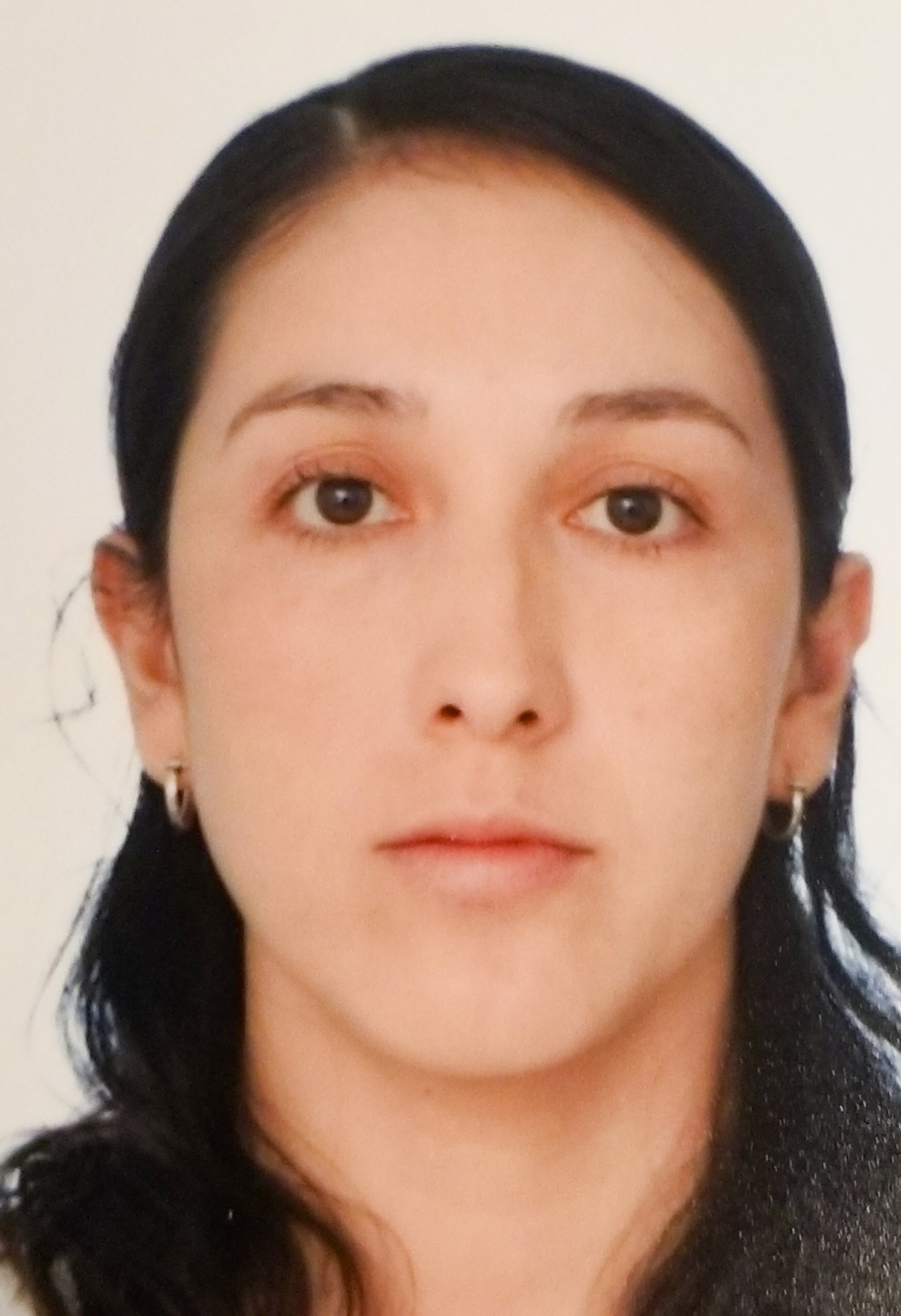 Wendy Fonseca, University of Michigan SECOND PLACE Wendy Fonseca, University of Michigan SECOND PLACE
My academic training and research experience have provided me an excellent background in multiple biological disciplines including; immunology, molecular and cellular biology and microbiology. During my DVM research training, I gained knowledge in anatomic pathology and clinical pathology. As an MSc and Ph.D. student, I was able to conduct research working with the identification of virulent factors of Entamoeba Histolytica, development of DNA vaccine and generation of recombinant Influenza virus, that carried F protein of Respiratory Syncytial Virus (RSV) and tested in mice as a vaccine. During my postdoctoral training, I have been studying the lung immune response to RSV, allergic Asthma, and the role of the gut microbiome during viral lung infection. I am currently examining the role of uric acid during Respiratory syncytial virus infection and its impact on pulmonary immune responses. Plans for my research involve using neonatal models to elucidate the mechanism by which RSV generated long-term modification in the neonatal lung and immune system that predispose to asthma development, using adult mice model of allergy. Together, I hope that these studies lead to a better understanding of how RSV drives pathogenic immune responses in the lungs and how this process can be manipulated to develop better treatments and vaccine candidates.
Charlotte Jouvene, Harvard Medical School THIRD PLACE
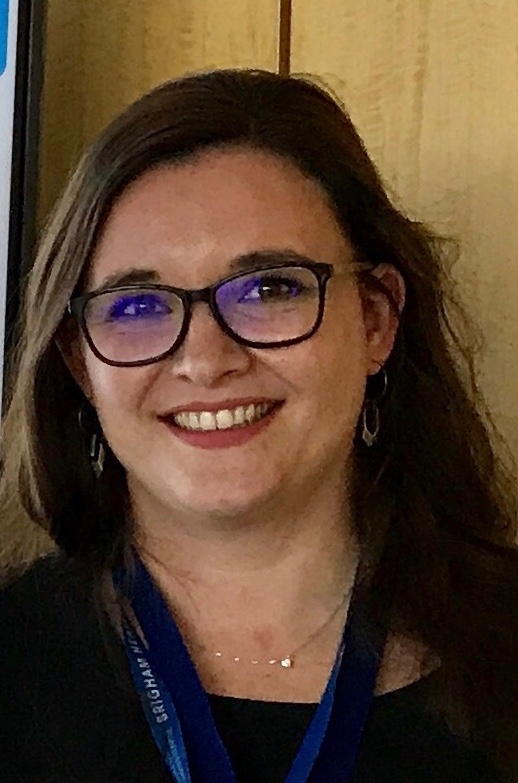
Charlotte Jouvene is a post-doctoral fellow at the Center for Experimental Therapeutics and Reperfusion Injury at Harvard Medical School/Brigham and Women’s Hospital mentored by Professor Charles N. Serhan, Ph.D., DSc. Charlotte received a BSc in Biochemistry from the Faculty of Science of Luminy (France) followed by a MSc and a Ph.D. in Biochemistry from the Claude Bernard Lyon 1 University (France). Charlotte’s work focuses on the identification and structural elucidation of Specialized Pro-resolving Mediators (SPM) and their actions in resolution of inflammation, with an expertise in metabololipidomics. Charlotte is a key member of the Core SPM-Lipidomics & Metabolomics of program project supported by NIH/NIGMS.
Julie Ng, Brigham and Women's Hospital FIRST PLACE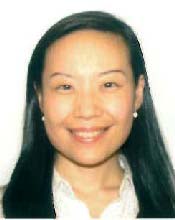
I completed a major in Pharmacology and Therapeutics at the University of British Columbia in Vancouver, Canada, and went to medical school at Johns Hopkins School of Medicine in Baltimore, Maryland. I completed an internal medicine residency at Johns Hopkins Hospital and recently completed a clinical fellowship in pulmonary and critical care medicine at Brigham and Women’s Hospital. As a post-doctoral research fellow, I am working with Dr. Mark Perrella and Dr. James Lederer to investigate immune dysregulation in sepsis. My long-term research interest is in improving our understanding of how dysregulation of normal immune processes contributes to human disease.
|